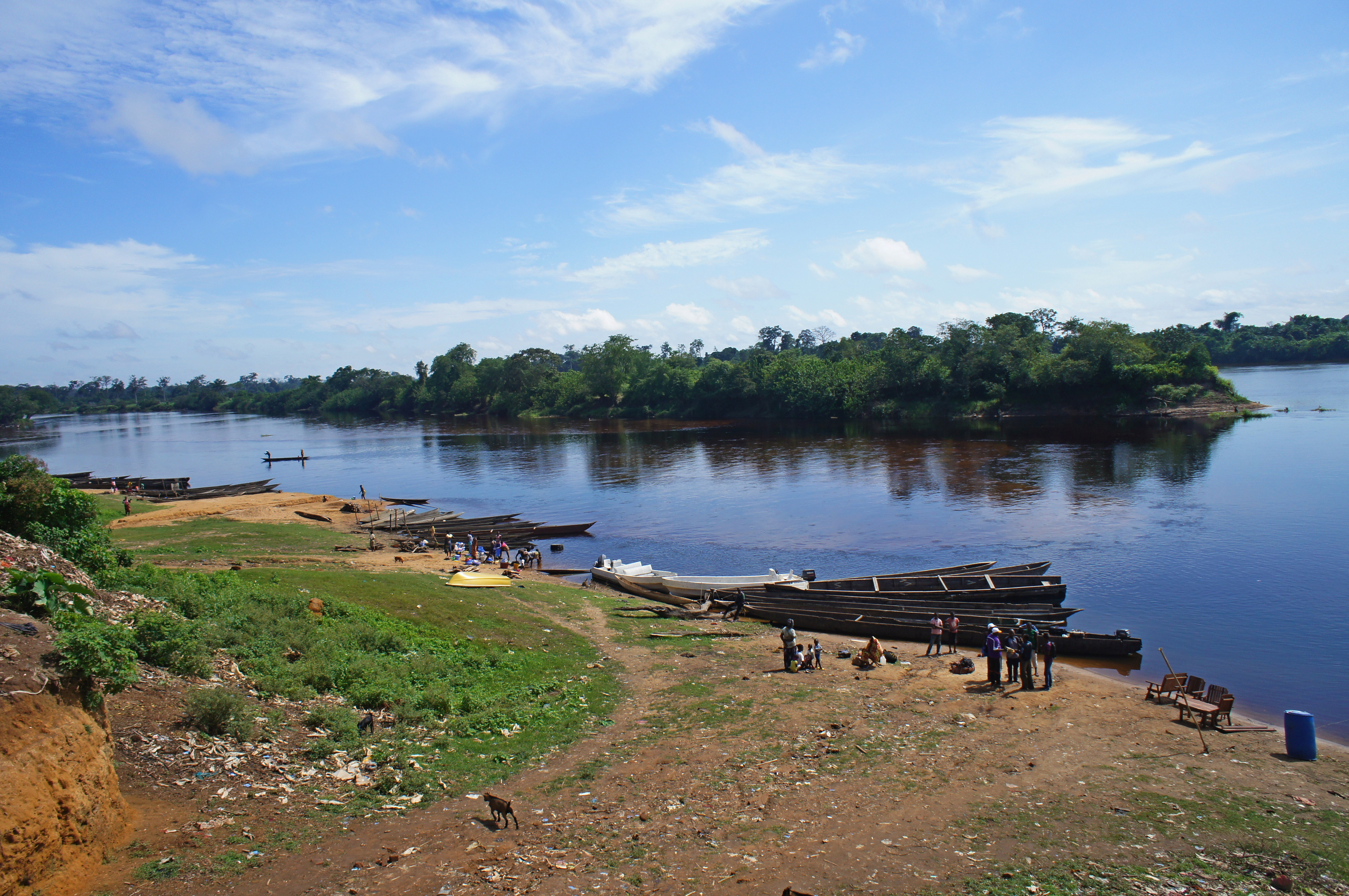
BRAZZAVILLE, 12 Nov (NAC) - The department of Likouala, in the extreme north of the country, in the equatorial forest, is known for its honey riches. Due to the galloping demand, it is considered a green gold rush. But the honey harvesters, mostly the indigenous Baka people, still resort to fire or tree cutting, the only methods within their reach. These ancestral techniques cause enormous damage to bees and their habitat. To preserve these insects, the actors of this sector multiply initiatives that range from awareness raising to the promotion of beekeeping. Blanche Simona went to Izato, one of the localities where honey is extracted, located in the district of Dongou, Likouala department, nearly 2000 km north of Brazzaville, the administrative and political capital of the Republic of Congo.
"When we find a beehive, if the tree is difficult to climb, we cut it down, to get rid of the bees, we set it on fire," says Gaby, a native honey harvester in Izato. "Thousands of bees perish in the embers," adds Saddam, his Bantu neighbor, with whom he shares a liter of corn-based alcohol called "Lotoko" in the local language.
The complete story is available in French on the Nouvelles d'Afrique Centrale website here.
- View this story on Agence d'Information d'Afrique Centrale (ADIAC)
- View this story on Vox Congo












